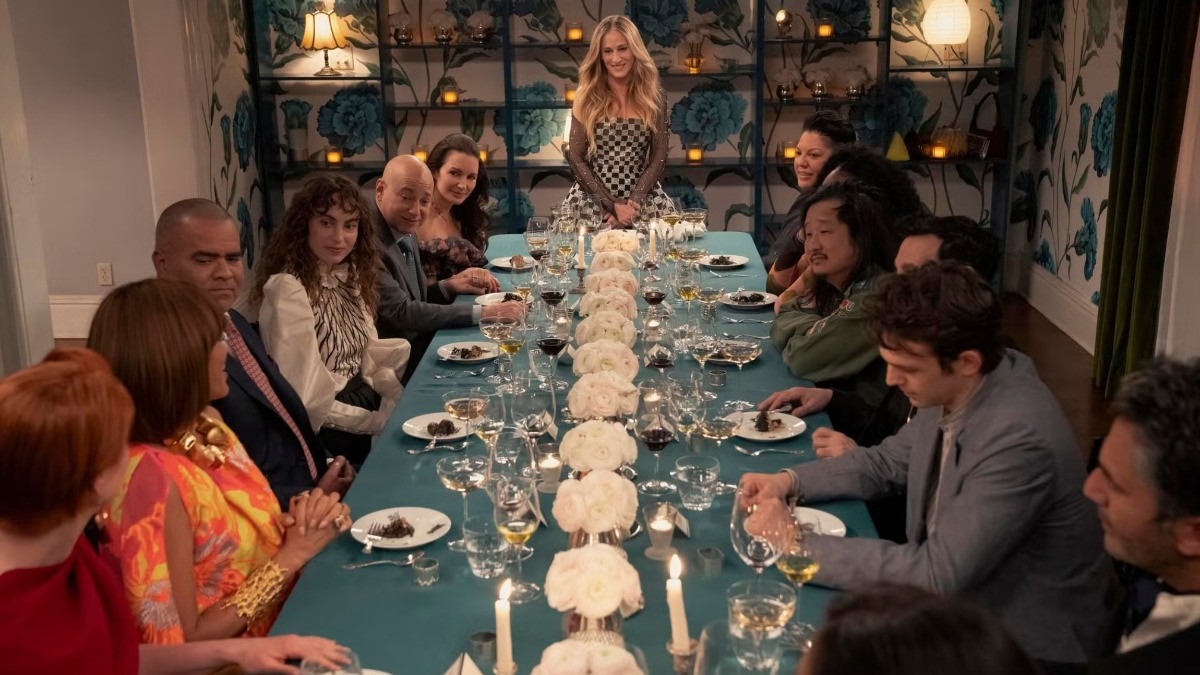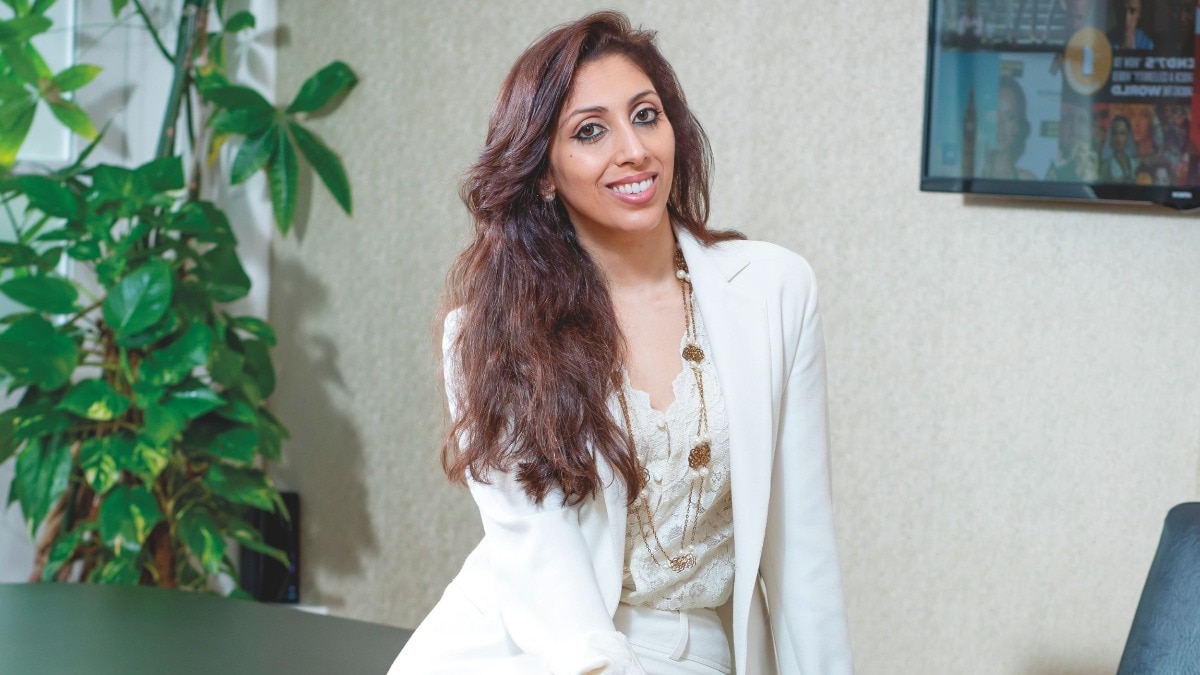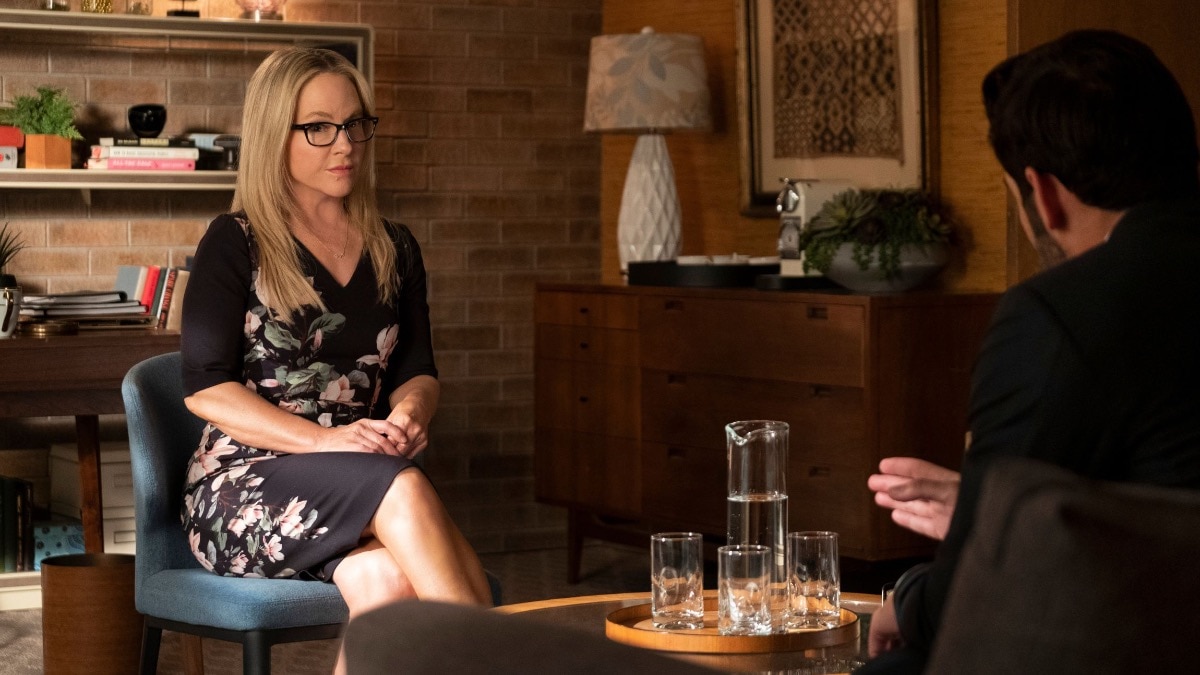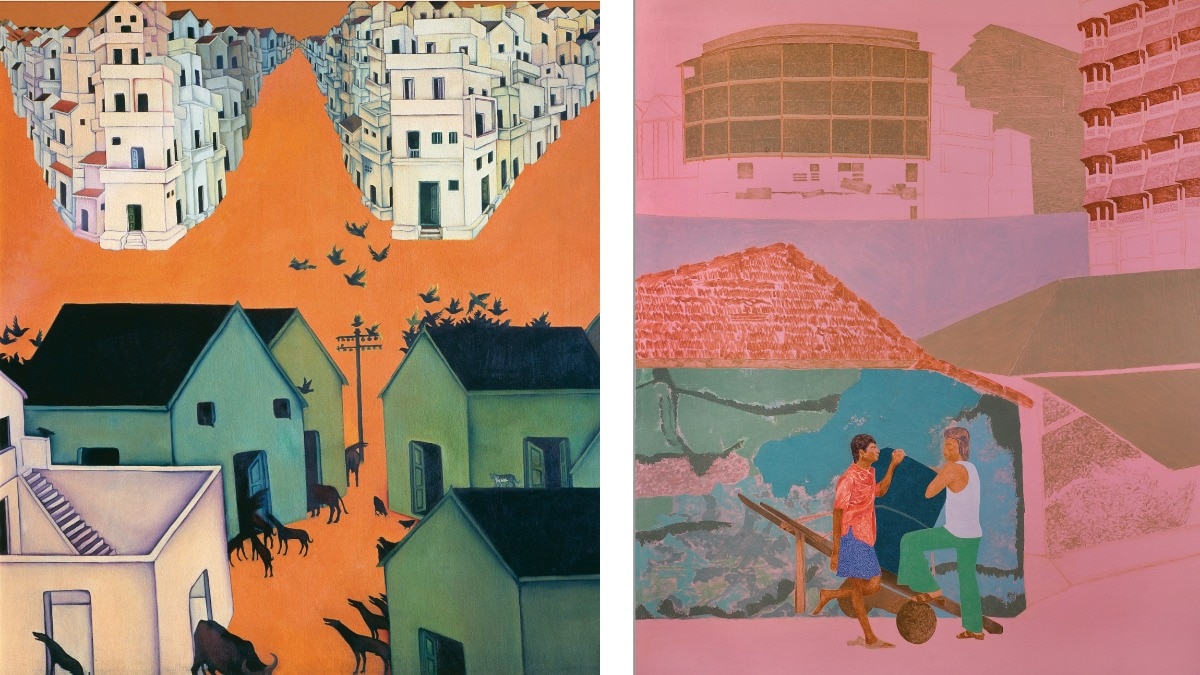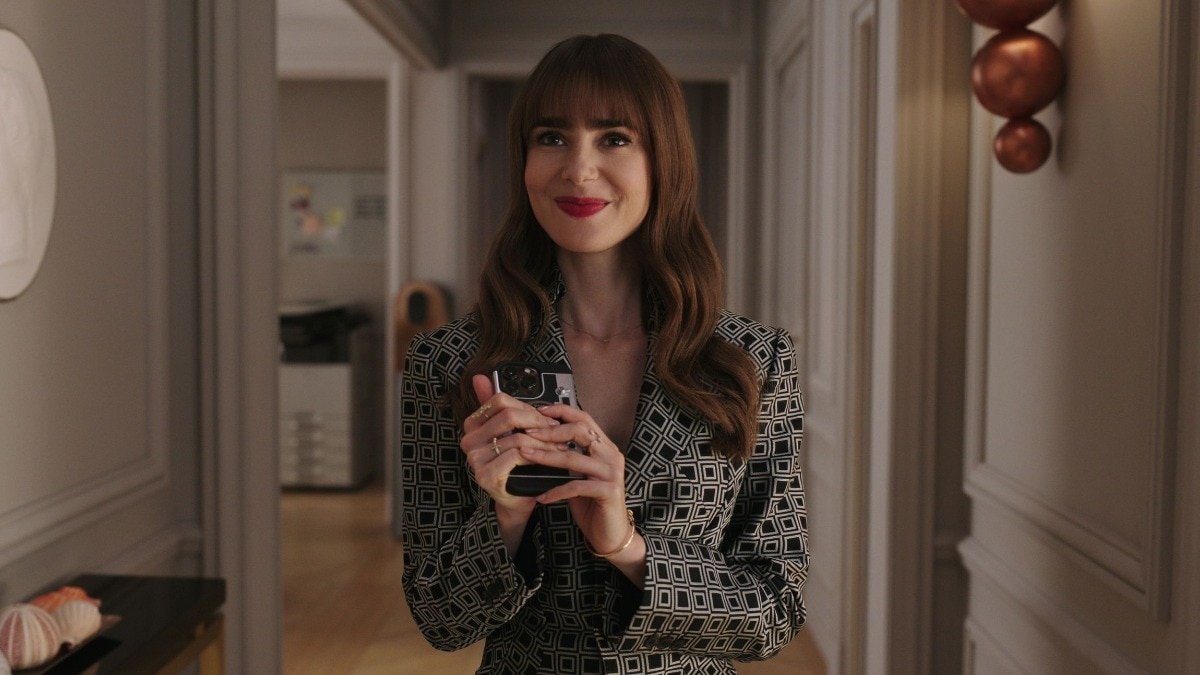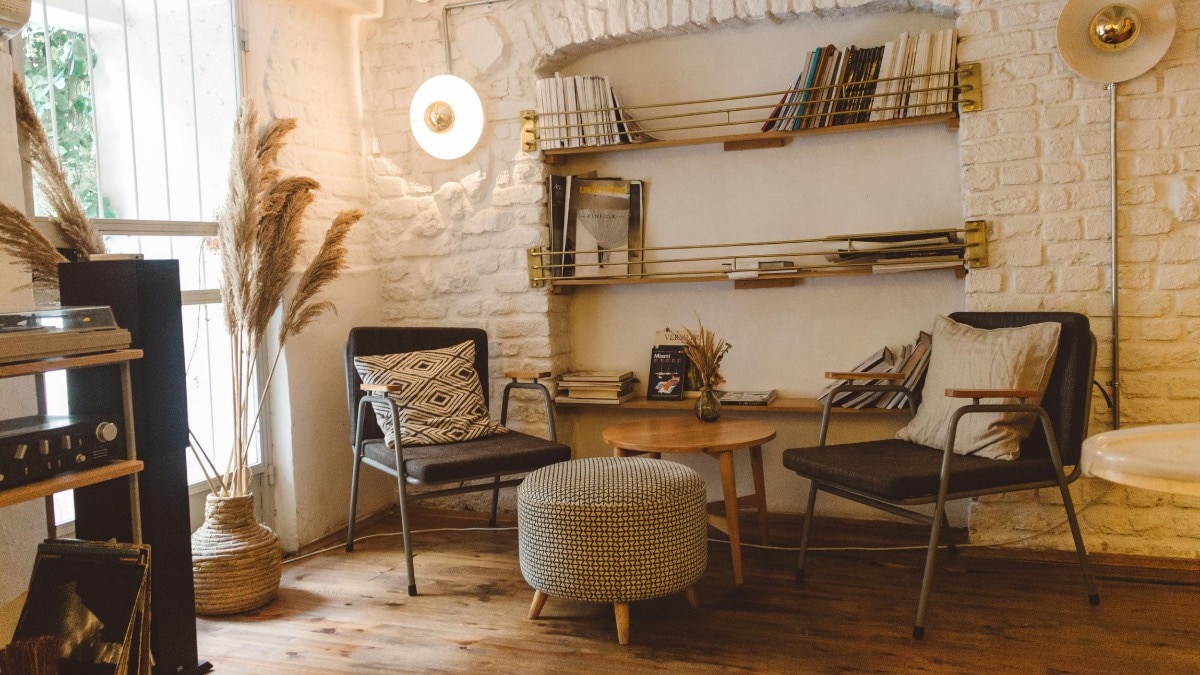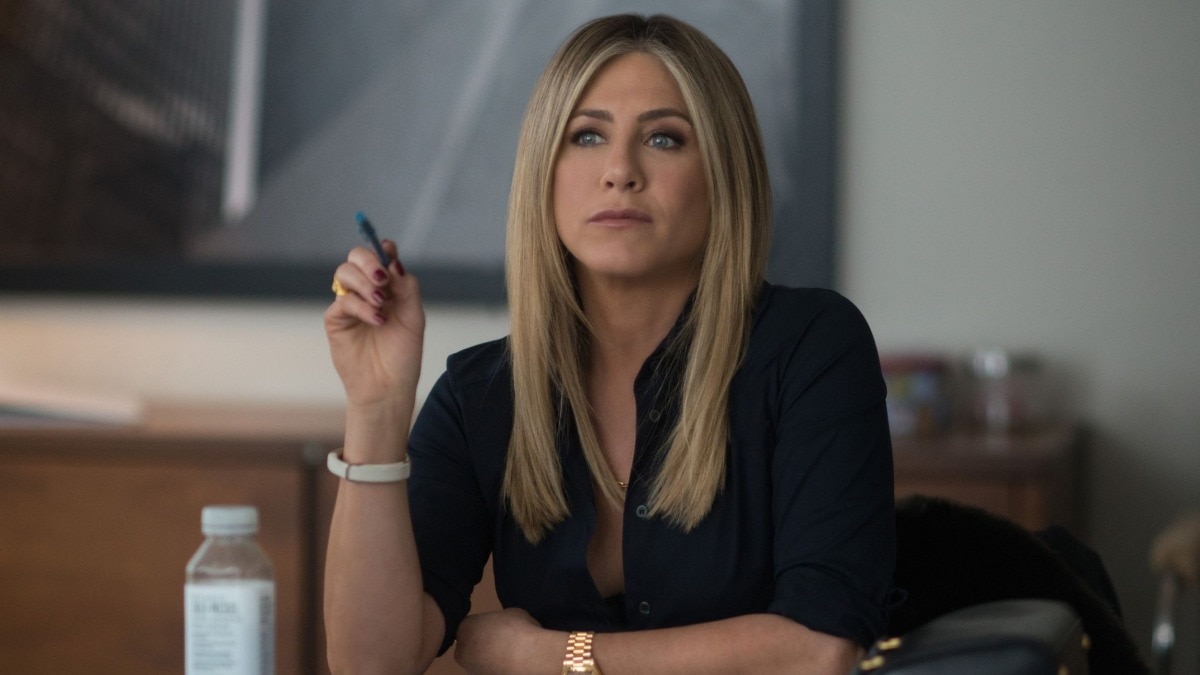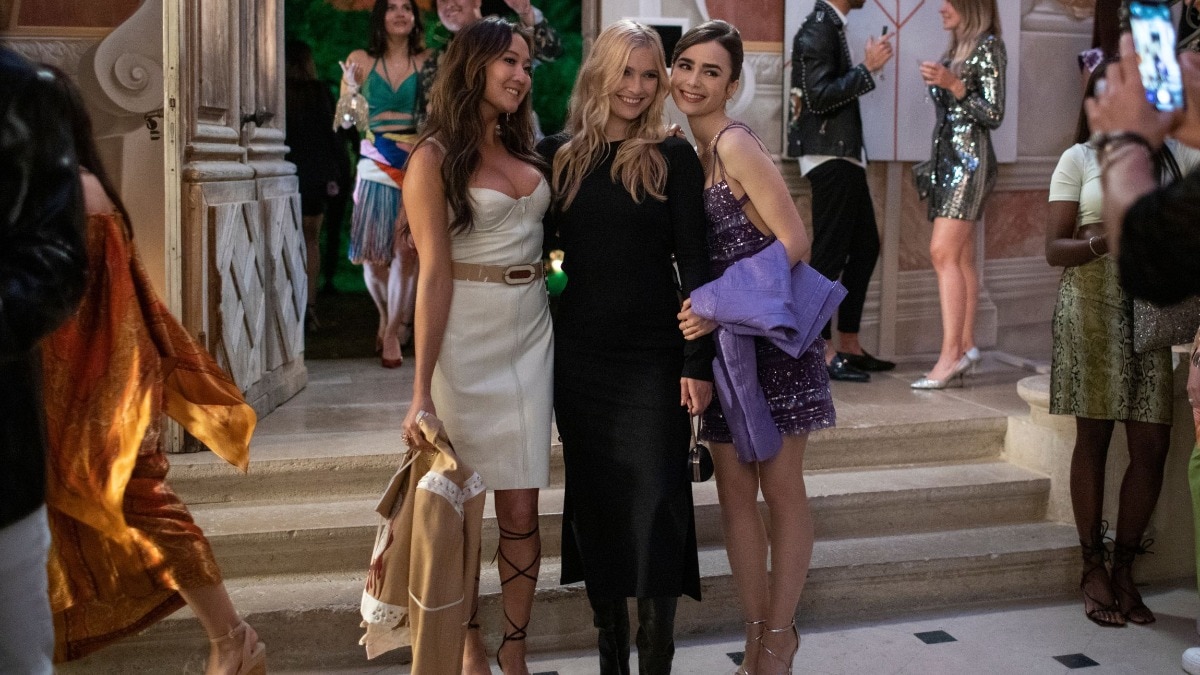
From setting up the Indian Television Academy to launching her NGO—Anu Ranjan is a creative force to be reckoned with
She lets us in on her love for television, organising the ITA Awards, and her support system that have stood by her for over three decades.


When I was a young woman living in Los Angeles, my parents kept insisting that I should return to India and get married. I told them I would return to India only if I got a job as a news anchor,” says Anu Ranjan with a twinkle in her eye. That never happened, but her love for television and the community led to her setting up the Indian Television Academy in 2001. “That was also over a conversation with friends. We were discussing how television did not have proper awards and they said that maybe I should consider doing it,” says the President of the Indian Television Academy.
It took her around 18 months to do her research and she realised she needed a strong governing council as everyone she spoke to told her that she did not have a production or television background (though her husband, Shashi Ranjan, is an actor and producer).
Anu then spoke to the likes of Mahesh Bhatt, Javed Akhtar, and Shekhar Suman, among others, and they all agreed to be a part of her council. “I have a feeling they were all humouring me,” she shares. She also met Sushma Swaraj who was the then Information and Broadcasting minister. “Television was growing back then, and she was very supportive about the whole venture,” shares Anu.
In July 2001, Anu launched the Indian Television Academy at a grand evening with her governing council and all the top management from the various television channels in attendance. “Everyone came on time,” she recalls with a chuckle.

Anu knew she had to host an awards night to get the right kind of mileage. But she needed a sponsor—she approached Pawan Munjal of Hero Honda for the same: “At the meeting, I was asked to make a presentation and I was stumped as I didn’t have one. So I asked them if I could talk.” Fifteen minutes later, Anu walked out with a five-year contract for the Hero Honda ITA Awards, which led to the first awards being launched in November 2001.
ITA will present its 23rd awards this year, without a break. They even had an award ceremony during the pandemic. Anu feels the awards have a standing in the television industry because they have been transparent and maintain credibility. “Someone once told me that she would attend the awards only if she was winning. She was never invited again,” says Anu. “If you are not there for the community, for your colleagues, if you cannot celebrate them, then we don’t want you.”
In 2019, they added the OTT categories to the awards, starting with six to seven awards. These increased to over 20 awards last year. To maintain transparency, the awards have a popular category and a jury selection. “The jury is completely independent. We greet them when they come and thank them when they leave, that’s about it,” she says.
The popular category votes are dominated by the stars themselves. Last year, over 1 crore votes were polled. For nearly two decades, Anu also did the GR8! Women Achievers Awards. The last of them were in 2020. “We stopped them during the pandemic; we might revive them later,” she says.

Besides being an integral part of the television community, Anu also founded the NGO, Beti. Set up with the United Nations Population Fund (UNFPA) in 2006, this NGO started with creating awareness about female foeticide. Anu also got the industry together to start talking about it at events and shows. “The UNFPA team told me that my awareness campaigns made a difference in the percentage in India,” she says.
Anu recalls how she once got a call from a popular news anchor about an acid attack victim who wanted to kill herself because she did not have enough money for treatment. After speaking to a leading doctor, the amount was determined to be around ₹22 lakh. Anu collected half of that money in the next 24 hours by calling up her friends and others. The balance was provided for soon enough, and the treatment was started: “Today, she is married and has a child...I have been a part of her life through it all,” says Anu.
Beti, called Beti Association–Charity for Women, provides education to underprivileged children. “I run Beti on my own through personal contributions. As these kids grow up, I also help them find jobs,” she says. Anu's associations with the film and television industry come to her aid as well. Recently, Sunny Deol organised a screening of Gadar 2 for 450 children who are part of Beti. Her key learning over the last two decades has been that honesty works. “I say it the way it is and I’m accepted for who I am,” she smiles. She says she is blessed to have friends who have stood by her side for the last 30 years: “If you do your bit in life, you cannot go wrong.”

